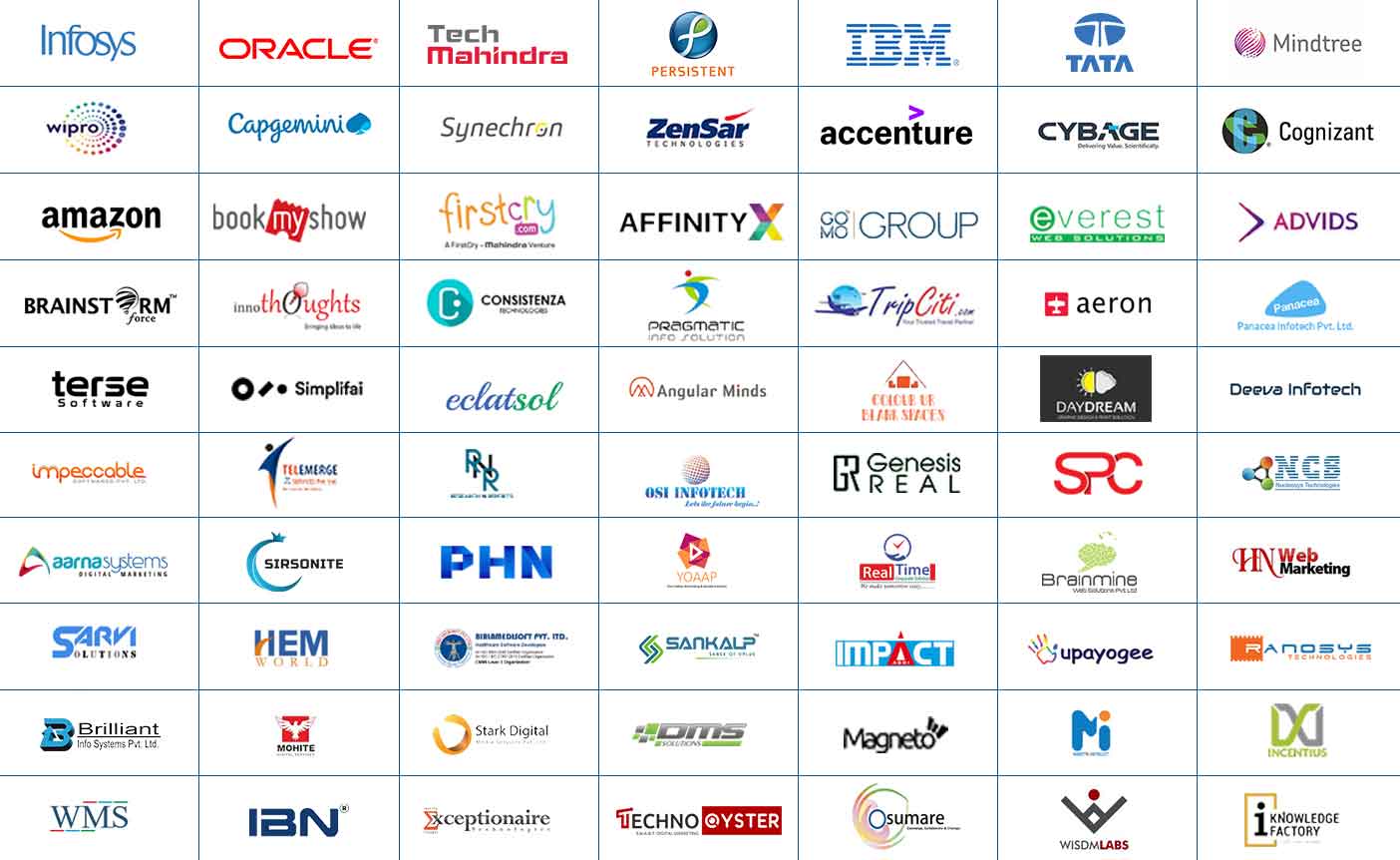- Walk your own path. Are you ready for change? Call : +91-7838474312
- info@digitalinventive.in
5 Tips for Preparing for a Digital Marketing Interview
Everyone knows the basics about preparing for an interview – pick an outfit that is clean and appropriate for the job level, don’t wear too much perfume or cologne, and thoroughly research the company beforehand. I was recently involved with the interviews for digital marketing positions and was surprised to see that several of the candidates made the same mistakes.
1. Don’t be afraid to critique the company’s website/social media channels
You can bet that you will be asked whether you have reviewed the company’s website or social profiles. Don’t worry, this isn’t a trick question and no one is looking for your flattery. This question is asked to see what fresh insights and perspectives you can bring.
2. Have an online presence
I remember being astounded at the number of candidates who hadn’t put much effort into their own digital brand. Whenever an interview with a candidate was booked, I would immediately look them up online, usually starting with LinkedIn and then moving on to Google.
3. It’s okay to not know everything about the digital space
The digital marketing space is varied with everything from SEO to social media marketing to marketing automation falling under the digital umbrella. If you can do most of the job as described in the posting but are a little shaky in one area, don’t panic. Rather than try to gloss it over, turn it into an advantage.
4. Keep the jargon and buzzwords to a minimum
While it may be tempting to speak about how much you know about growth hacking, hashtags and gamification, you’ll quickly lose the interviewer’s interest if none of those terms have to do with the job you’re interviewing for.
5. Be comfortable with analytics
Any digital marketing role will have a measurement component to it, there is no escaping that. You can find yourself working with web, social or online advertising analytics. As a result, you need to show that you are both comfortable working with the analytics and interpreting them.
The modules were curated according to the skill demand in the market and the industry requirements. Each module is handled by a professional with experience and knowledge in the field. Together they cover both basic and advanced aspects of Digital Marketing, giving the students a 360-degree knowledge on the same.
